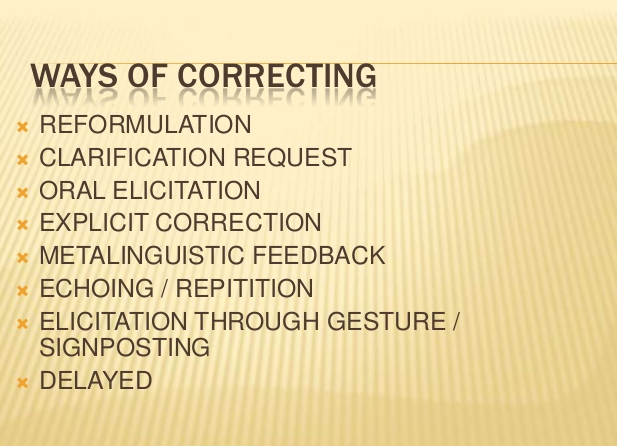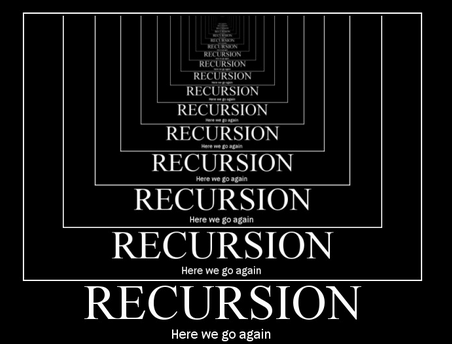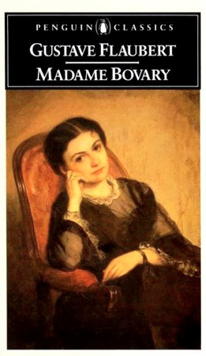I’ve recently joined #ELTchat on Twitter, and came across a post entitled Four Activities I wish I knew when I started teaching by Michael Griffin. He plans to present this topic at a seminar next weekend at CAMTESOL in Cambodia, and invited readers to submit an activity that matches his criteria: “The activities are relatively…










